While reviewing the resource utilization report of the project, we discovered a special underlying hardwareBSCAN, as shown in 1. Let’s understand its uses and applications.
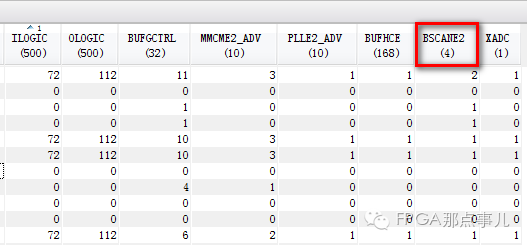 Figure1.The resource report shows the number and usage ofBSCAN.
Figure1.The resource report shows the number and usage ofBSCAN.
 Figure2.Finding the path ofBSCANin the code
Figure2.Finding the path ofBSCANin the code
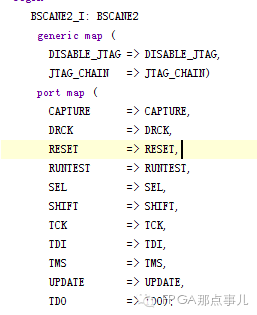 Figure3.Locating the project call to the underlying module
Figure3.Locating the project call to the underlying module
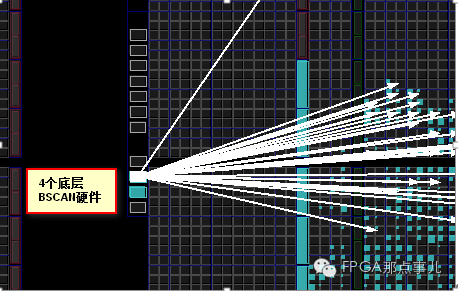 Figure4.Finding the location and interconnections ofFPGAunderlyingBSCAN.
Figure4.Finding the location and interconnections ofFPGAunderlyingBSCAN.
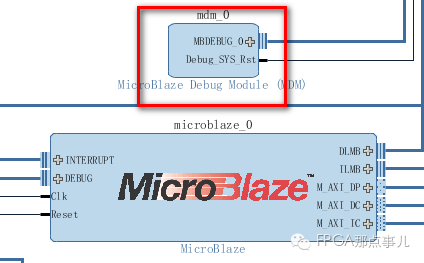 Figure5.Finding where theMDMmodule inMBusesBSCAN.
Figure5.Finding where theMDMmodule inMBusesBSCAN.

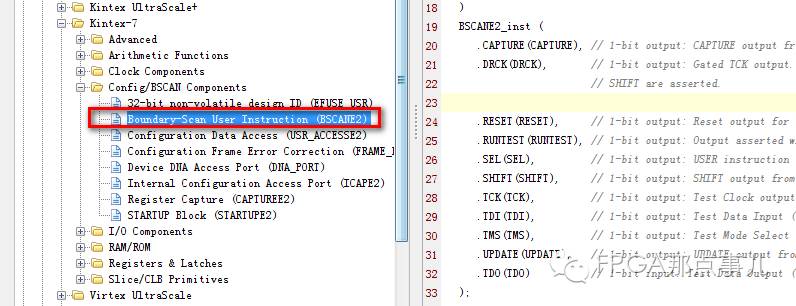
Figure6.It is found that inlanguagetemplatesit can also be found and called the underlyingBSCAN.
So what exactly is the underlying hardwareBSCAN?
Actually, it can be found thatBSCAN is used in two cases: the first is during traditionaldebug, for example, collecting data throughICON andILA VIO; the second is when users debug throughjtag insideMicroblaze.
This underlying module can be seen as an interface for users throughjtag and the boundary scan logic ofFPGA. In most application cases, tools will automatically call this underlying module, requiring engineers to care less about the underlying details, just a brief introduction^_^.
Note: Copyright belongs to the “FPGA That Thing” operation team, please indicate the source when reprinting.
We welcome you to scan the following QR code to follow “FPGA That Thing”!
